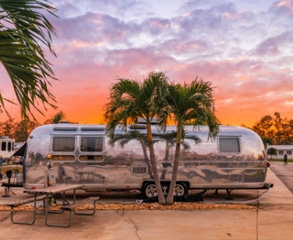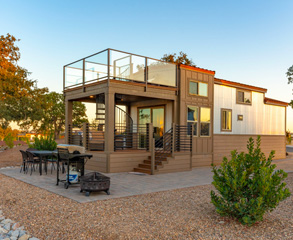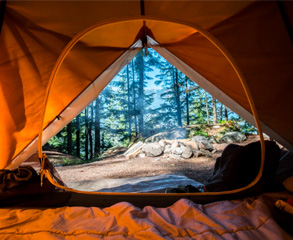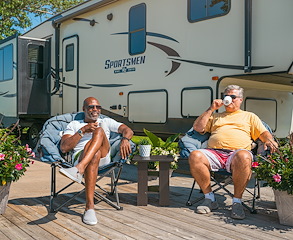8 Essential Considerations for Becoming a Snowbird
Snowbird is a term that refers to individuals who migrate from northern states to warmer southern climates during the cold winter months. Embracing the snowbird lifestyle means significant lifestyle changes. If you're contemplating this adventure, here are eight crucial considerations to keep in mind.
1. Calculate All the Costs
Before making the transition, it's vital to calculate the costs involved in becoming a snowbird. If you plan to buy a second home, consider expenses beyond just the mortgage, such as taxes, insurance, maintenance, and community site rent. If you opt for an RV lifestyle, account for site rental fees, RV purchase costs, maintenance, and fuel expenses during travel.
2. Decide on a Primary Residence
Choosing a primary residence is essential for tax purposes. Some states have favorable tax rates for retirees, which might make them appealing for your winter stay. Check residency rules, such as the number of days you must spend in the state, and ensure you handle necessary registrations, like your vehicle and bank accounts.
3. Look Into the Tax Status of Your Snowbird State
Understanding the tax implications of your snowbird state is critical. States like Florida, Texas, and Tennessee have no state income tax, but they may have other taxes that could affect your finances. Research the tax landscape thoroughly to avoid unexpected costs.
4. Switch to Paperless Billing
To streamline your finances, consider switching to paperless billing. This move will help you manage bills from multiple addresses without the hassle of transferring physical documents. It's a convenient solution for utilities, insurance, and other recurring payments.
5. Check on Your Medical Coverage
Before leaving for your snowbird destination, ensure your medical coverage is adequate. Verify that your health insurance network covers your new location. For those on Original Medicare, know that coverage is available nationwide, but Medicare Advantage plans may have location-based restrictions.
6. Know the Challenges of Moving a Pet
If you're a pet owner, be aware of the challenges of relocating pets. While many pets adapt well, you'll need to manage veterinary care and vaccinations across two states. Ensure your pet's health records are up-to-date, regardless of your seasonal location.
7. Make an Effort to Socialize
Building a social network is vital for a fulfilling snowbird experience. Socializing helps create a sense of community. Consider baking treats for neighbors or participating in organized activities at your resort, such as dances, clubs, or sports.
8. Ensure Your Primary Home is Maintained
When spending significant time away, it's crucial to have a plan for your primary residence. Consider these maintenance tips:
- Keep the heating on to prevent frozen pipes.
- Arrange for a housesitter.
- Install a security system.
- Schedule regular landscaping maintenance.
Becoming a snowbird may present challenges, but the rewards are plentiful. You'll enjoy an active lifestyle, new friendships, and pleasant winter weather. Share this post with friends or family considering the snowbird lifestyle and embark on this adventure together!









